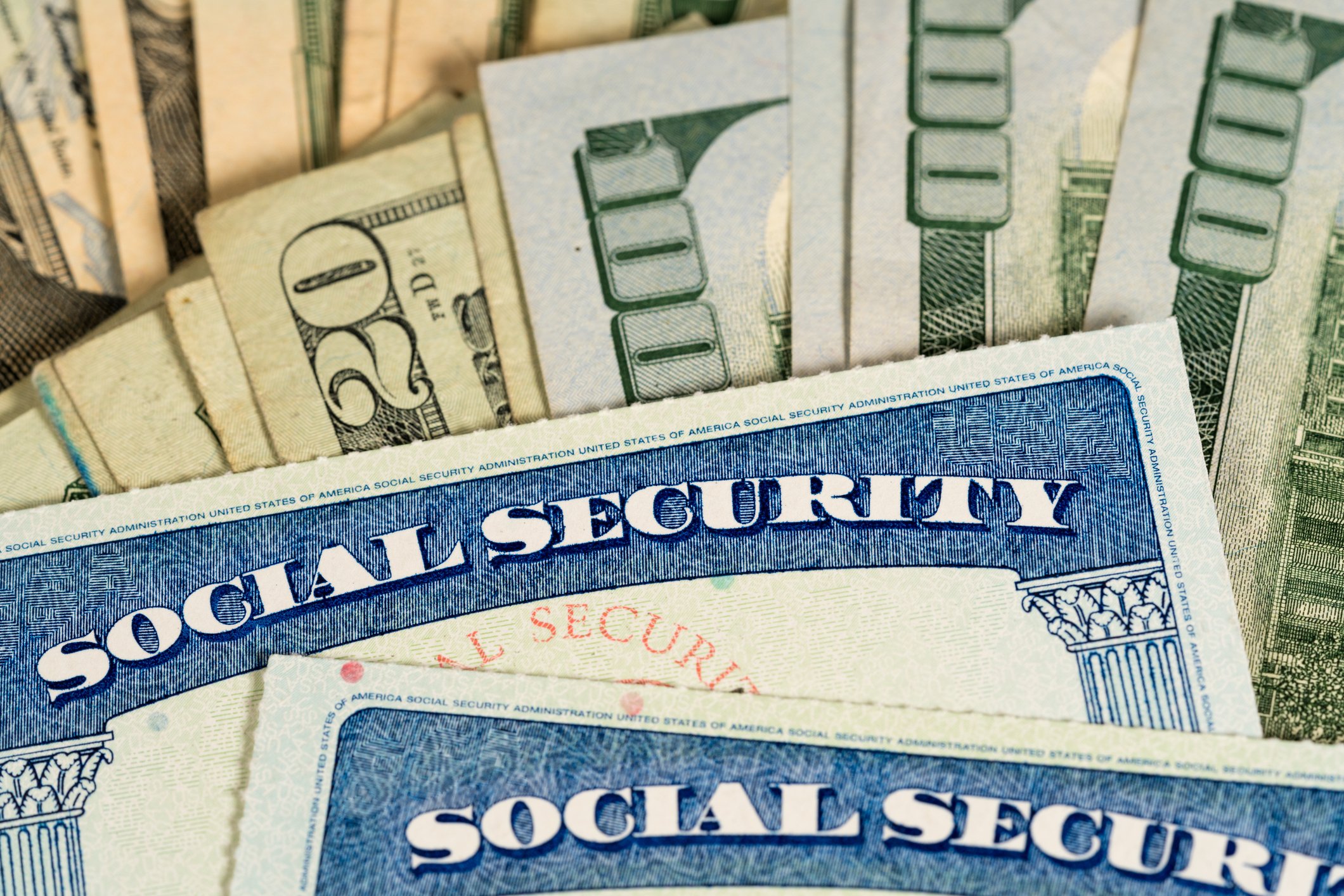We're well into tax season, and millions of Americans will be filing their tax returns between now and the April 18 tax deadline. If you haven't filed your tax return (or extension) yet, here are three important things to keep in mind as you go through the process that could save you money, time, and aggravation.
1. You may be able to file your taxes for free
I teach a personal finance-oriented math course at a local college, and every time I mention IRS Free File, about half of my students immediately write it down. It always surprises me that more people haven't heard of this program, which is designed to suit the needs of more than half of Americans, and lets them do their taxes with top-notch tax preparation software for free.

Image source: Getty Images.
Specifically, if you make less than $64,000 per year, you qualify for the IRS Free File program, which partners with software providers like TurboTax, TaxACT, and H&R Block, just to name a few. Depending on your income, age, and state of residence, you'll have at least one (and most likely more) option of free software you can use. Some even allow you to file your state return for free as well.
Since the average cost of tax preparation is $176 if you aren't itemizing deductions, taking advantage of Free File could be one of the smartest financial decisions you make this year.
2. Your tax payment is due April 18, 2017
This sounds simple and obvious enough -- after all, April 18 is Tax Day this year. However, I want to mention two important points about this deadline.
If you owe money to the IRS, you have until April 18 to pay it, even if you file your tax return early. In other words, don't let the fact that you're not ready to pay prevent you from doing and filing your tax return as soon as possible. Doing that reduces the chance of identity theft, and also prevents you from scrambling to get it done at the last minute. It's completely fine to file your taxes and then mail your payment separately, as long as it's in before the deadline.
The second point is that tax extensions do not extend your payment deadline. Filing a six-month IRS extension is a pretty easy process, and acceptance is automatic. However, the extension simply extends the amount of time you have to file your tax return. Any balance you owe is still due by April 18. If you're not sure how much you'll owe, send in your best estimate of your tax bill before the April deadline.
3. Check your numbers -- then check them again
For the 2015 tax year, more than 87% of tax returns were filed electronically, and that method naturally keeps mathematical errors to a minimum. Generally speaking, the programs people use to file their taxes do the calculations for them.
However, the software doesn't know whether or not you entered your data correctly in the first place. If the numbers on your tax return don't match up with information the IRS has received, it's a quick way to get audited. For example, if you received $1,200 in dividend income last year, but only enter $120 on your 1040 due to an honest error, the information the IRS received from your broker won't match your return, and additional tax would be due.
Therefore, when your tax-preparation software tells you that it's time to review your return before submitting, actually take the time and check everything over. Do your income and withholding numbers match what the ones on your W-2s? Did you enter Social Security numbers accurately for you and your dependents? And in the interest of getting your refund promptly, is your bank account information entered correctly?
My point is that a careless error is a silly reason to put yourself at risk of an audit, or to delay your refund, so take a few extra minutes and carefully check your numbers.





